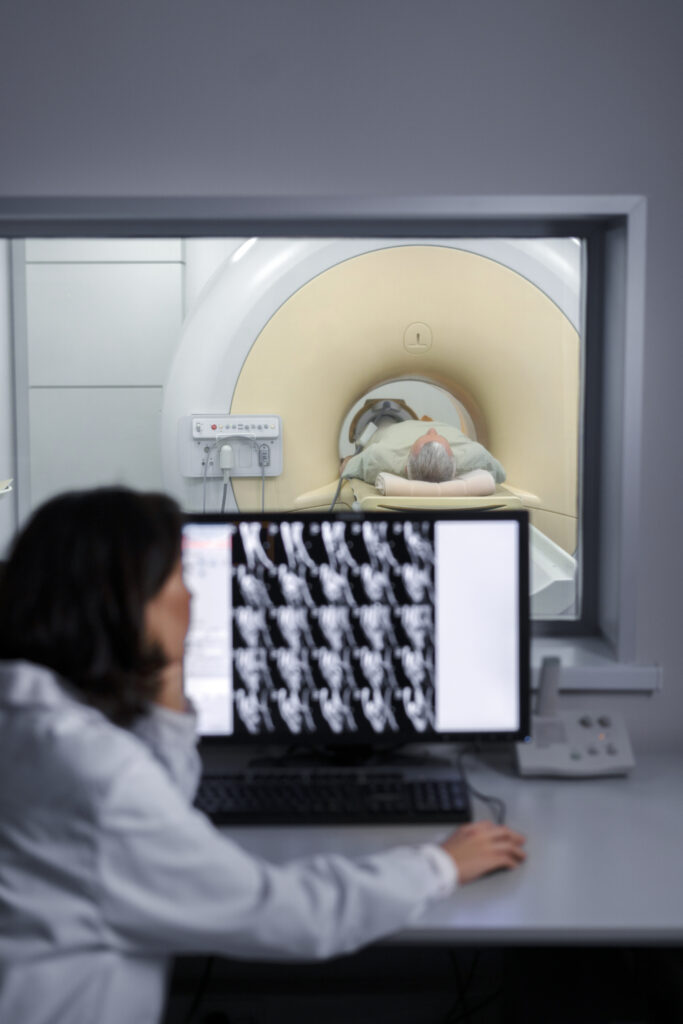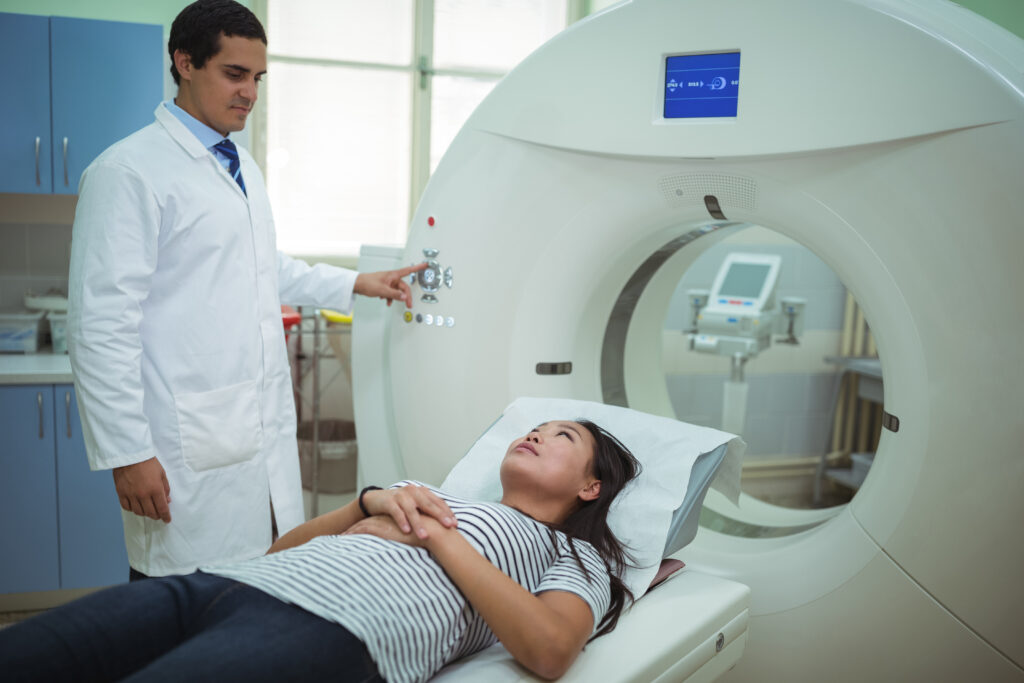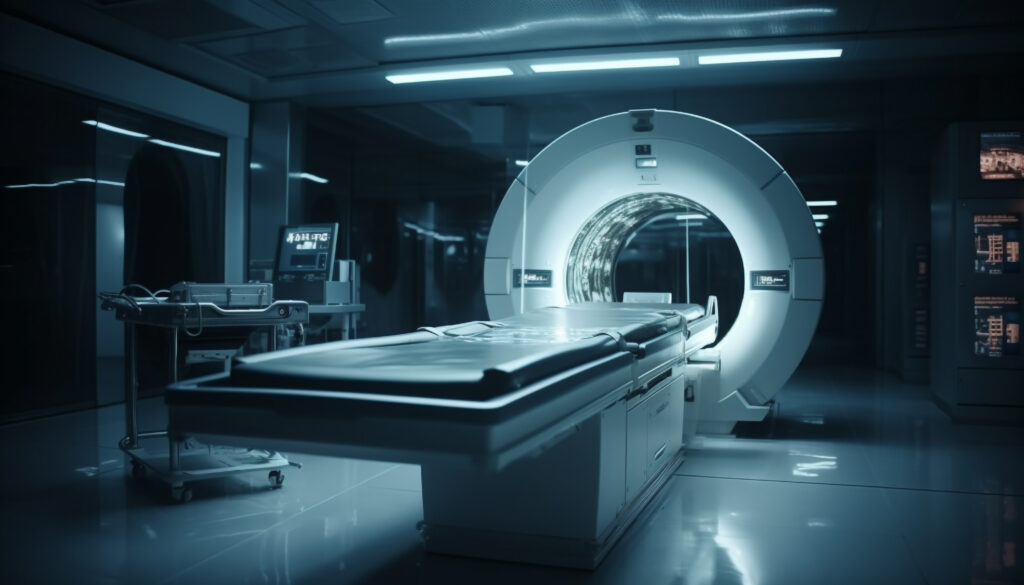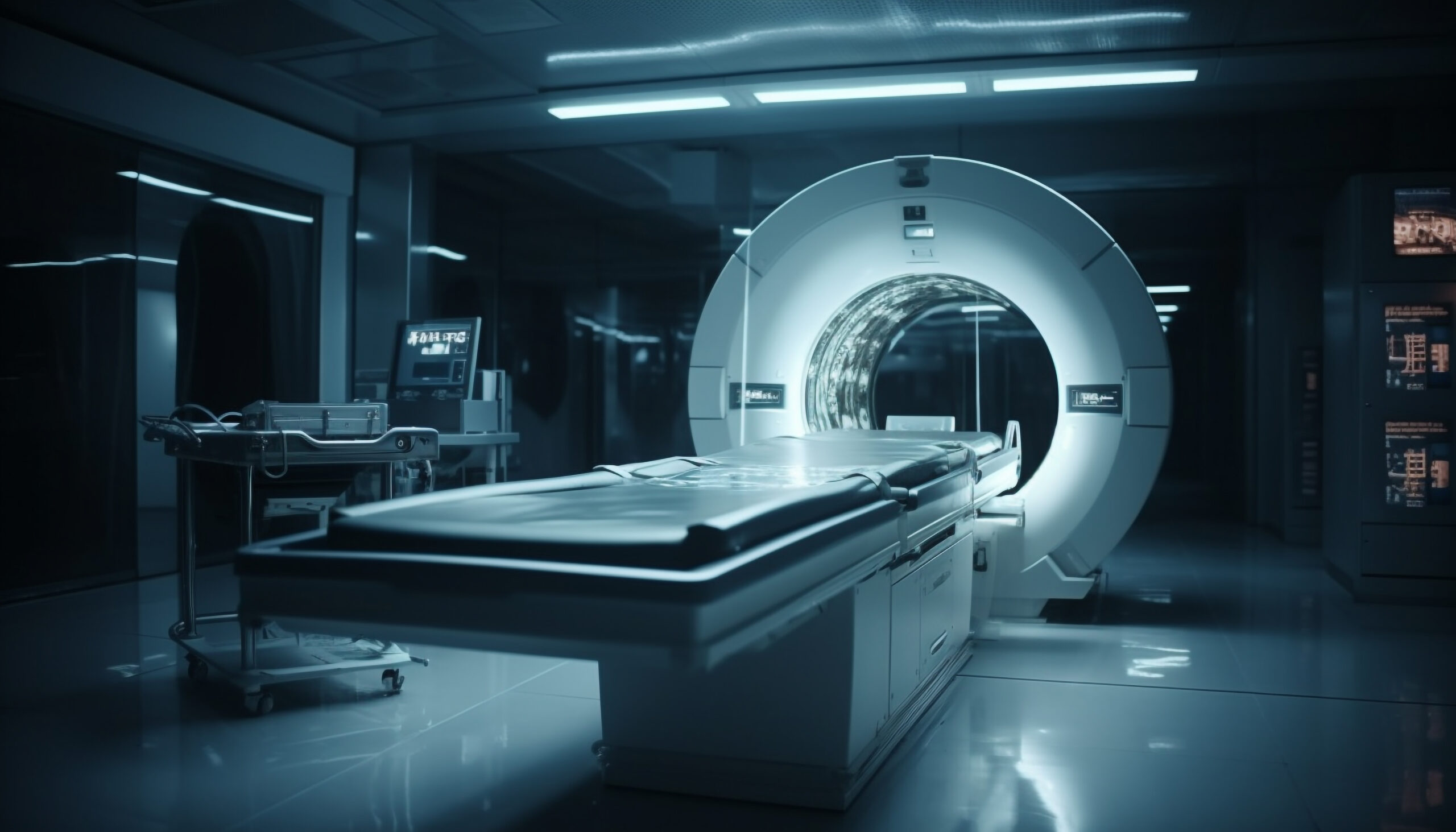The Importance of Pre-Operative Assessments
A pre-operative assessment is a crucial step before any surgery, helping doctors evaluate a patient’s health and plan the best approach for the procedure. Diagnostic imaging plays a vital role in this process, providing detailed views of the body’s internal structures. PET scans, CT scans, and MRIs are the most commonly used imaging techniques, each with unique benefits depending on the patient’s medical needs. Understanding their differences is essential for ensuring a successful surgical outcome.
What Is a Pre-Operative Assessment?
A pre-operative assessment is a thorough evaluation that helps medical professionals determine the best approach for surgery. It includes physical exams, lab tests, and diagnostic imaging to evaluate the health of organs, tissues, and bones. By detecting underlying conditions such as cancer, inflammation, or internal damage, imaging tests like PET, CT, and MRI scans allow surgeons to plan more accurately and provide better surgical care.
PET Scan: A Deep Dive Into Metabolic Activity
PET (Positron Emission Tomography) scans are particularly valuable in the detection of cancer and metabolic disorders. This imaging technique involves the use of radioactive tracers that are injected into the patient’s body. These tracers emit positrons, which are detected by the scanner to create images that show how tissues and organs are functioning. This makes PET scans invaluable for detecting early-stage cancers, tumor spread, and cellular activity.

In pre-operative assessments, PET scans are often used to:
- Detect the presence of cancer: Especially when tumors may not be visible on other imaging tests.
- Assess the extent of disease spread: PET scans can help determine if cancer has spread to other parts of the body (metastasis), allowing surgeons to adjust the surgical approach.
- Evaluate organ function: In some cases, PET scans can help assess how well organs like the heart are functioning before surgery.
Advantages of PET Scans for Pre-Operative Assessments:
- Early detection of cancers or other diseases
- Helps in staging cancers and determining the spread of disease
- Offers detailed metabolic information
CT Scan: The Quick and Comprehensive Imaging Tool

A CT scan (Computed Tomography) combines multiple X-ray images from different angles to create detailed cross-sectional images of the body. It is a versatile tool used for visualizing both soft tissues and bone structures. CT scans are particularly useful in detecting injuries, tumors, and infections.
In pre-operative evaluations, CT scans help doctors:
- Detect bone fractures or internal injuries: CT scans are quick and effective in assessing bone-related conditions.
- Identify tumors: CT scans can be used to assess the size, shape, and location of tumors, providing crucial information for cancer surgeries.
- Visualize organs and blood vessels: For surgeries that require a detailed understanding of the body’s internal systems, CT scans offer high-resolution imaging to guide the surgical team.
Advantages of CT Scans for Pre-Operative Assessments:
- Fast results, which are ideal in emergency situations
- High-resolution images for clear visualization of bones, soft tissues, and organs
- Non-invasive and relatively easy to perform
MRI: Detailed Imaging for Soft Tissues
MRI (Magnetic Resonance Imaging) is a non-invasive imaging technique that uses powerful magnetic fields and radio waves to create detailed images of soft tissues in the body. Unlike CT scans and PET scans, MRI scans do not use radiation, making them a safer option for certain patients, especially for long-term monitoring.

In pre-operative assessments, MRI scans are typically used for:
- Neurological conditions: MRI scans are highly effective for evaluating the brain, spinal cord, and nerves. This makes them invaluable for pre-operative planning for brain surgery, spinal surgeries, or nerve-related procedures.
- Musculoskeletal imaging: MRI scans provide high-resolution images of muscles, joints, and ligaments, making them ideal for planning orthopedic surgeries, such as joint replacements or tendon repairs.
- Soft tissue evaluation: For surgeries involving organs like the liver, kidneys, or muscles, MRI scans offer a detailed look at the soft tissue structures, helping surgeons plan the most effective approach.
Advantages of MRI for Pre-Operative Assessments:
- High resolution for soft tissue imaging
- No radiation exposure, making it safer for repeated use
- Ideal for neurological and musculoskeletal evaluations
Key Differences: PET Scan vs CT Scan vs MRI
| Feature | PET Scan | CT Scan | MRI |
| Radiation | Yes (radioactive tracers) | Yes (X-rays) | No (magnetic fields) |
| Primary Use | Cancer detection, metabolic activity | Bone fractures, organ conditions | Soft tissue and neurological disorders |
| Speed | Slow (30–60 minutes) | Fast (5–10 minutes) | Slow (30–60 minutes) |
| Cost | High due to radioisotopes | Moderate | Moderate to high |
When to Choose PET, CT, or MRI for Pre-Operative Assessments?
The decision of which scan to use depends on the specific needs of the patient and the type of surgery being performed:
- PET Scans: Ideal for cancer detection and metabolic activity. If you are undergoing surgery for cancer, a PET scan can provide vital information on tumor size, location, and spread.
- CT Scans: Perfect for bone fractures, internal injuries, or cancer evaluation. If your surgery involves bone structures or organ systems like the lungs or abdomen, a CT scan is often the best option for quick and accurate results.
- MRI Scans: Best for soft tissue imaging, particularly for neurological or musculoskeletal surgeries. If your surgery involves nerves, joints, or brain tissue, an MRI scan provides the detailed soft tissue images necessary for a successful procedure.
Why Choose Ace Imaging Center?
At Ace Imaging Center, we pride ourselves on providing top-tier imaging services to help guide your pre-operative assessments. With cutting-edge PET, CT, and MRI technologies, our highly skilled team ensures that you receive the most precise and comprehensive results possible. We focus on patient care, making sure you feel comfortable and confident throughout the process. Whether you need an accurate scan for cancer staging, soft tissue evaluation, or injury assessment, Ace Imaging Center is committed to delivering timely and reliable diagnostic imaging—including MRI scan in Mumbai—to support your healthcare journey.
Conclusion
Choosing the right imaging technique—whether it’s a PET scan, CT scan, or MRI—is crucial in the planning of any surgery. Each scan provides unique insights that help doctors determine the best course of action for patients, leading to more accurate, effective surgical outcomes. By understanding the benefits and uses of each type of scan, patients can make informed decisions about their pre-operative evaluations.
If you are preparing for surgery, consult your healthcare provider to understand which imaging method will best suit your needs. At Ace Imaging Center, we provide expert imaging services to help ensure your surgical journey is smooth and successful.

